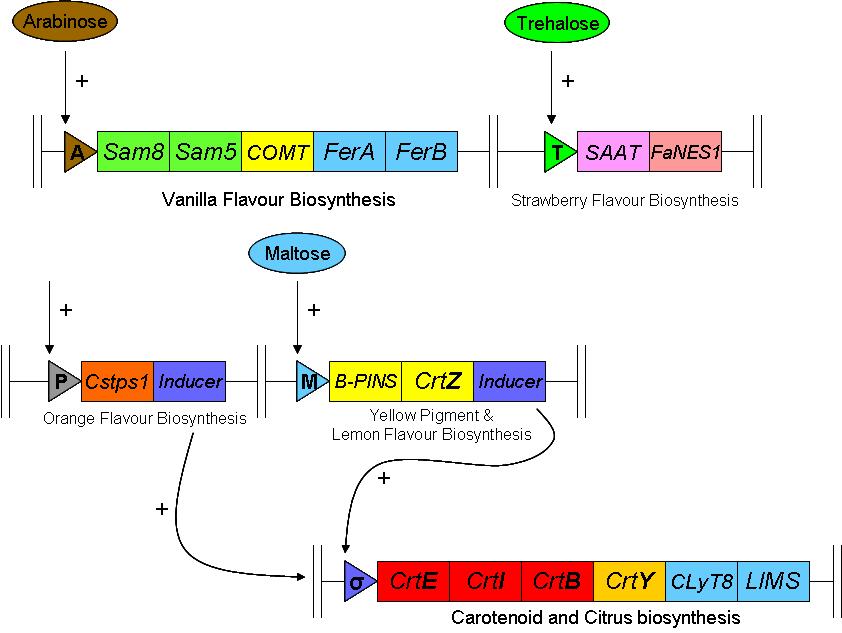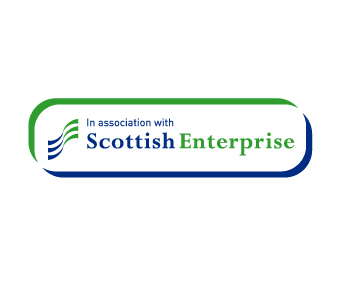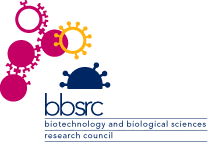Edinburgh
From 2007.igem.org
(→Links) |
|||
| Line 65: | Line 65: | ||
More information can be found at [[Edinburgh/Intellectual Property Talk]] | More information can be found at [[Edinburgh/Intellectual Property Talk]] | ||
| - | == | + | == Thanks To: == |
[[Image:se_ia_rgb_x.jpg]][[Image:synbiocomm.jpg]] | [[Image:se_ia_rgb_x.jpg]][[Image:synbiocomm.jpg]] | ||
[[Image:EPSRC1RGBLO.jpg]][[Image:bbsrclogo.gif]] | [[Image:EPSRC1RGBLO.jpg]][[Image:bbsrclogo.gif]] | ||
| - | |||
| - | |||
| - | |||
| - | |||
| - | |||
Revision as of 09:18, 16 July 2007
Contents |
The Team!
| https://static.igem.org/mediawiki/2007/0/0f/EdinburghTeam.jpg |
This year the team is composed by 8 undergraduate/graduate students and three supervisors from three different schools within the University of Edinburgh (Biology, Engineering and Informatics).
Click here to see our ugly faces and to know more about us.
The Project!
Currently have two projects we are looking to take forward:
Bacterial counter
Project Goal
The aim is to produce output as a function of cell division. This can have the added potential of performing programmed cell death after a determined number of divisions. We also hope to further analyse cell division and recombinase mechanisms.
Self flavouring yoghurt
Project Goal
Engineer lactic acid bacteria, such as Lactobacillus acidiphilus to synthesise flavours and colours during yoghurt production. The idea is to stimulate the synthesis of a certain flavour and colour via the addition of an external stimulus. Due to the nature of the finished product we will be using promoters induced by the disaccharides maltose, trehalose and arabinose.
The project will be carried out in two steps. The first step is to generate the flavour and colour biosynthesis pathways in E. coli, before transferring them to Lactobacillus.
IP Talk
Some members of the team presented a talk on Synthetic Biology and Intellectual Property to the Linux Users Group in Edinburgh
More information can be found at Edinburgh/Intellectual Property Talk






